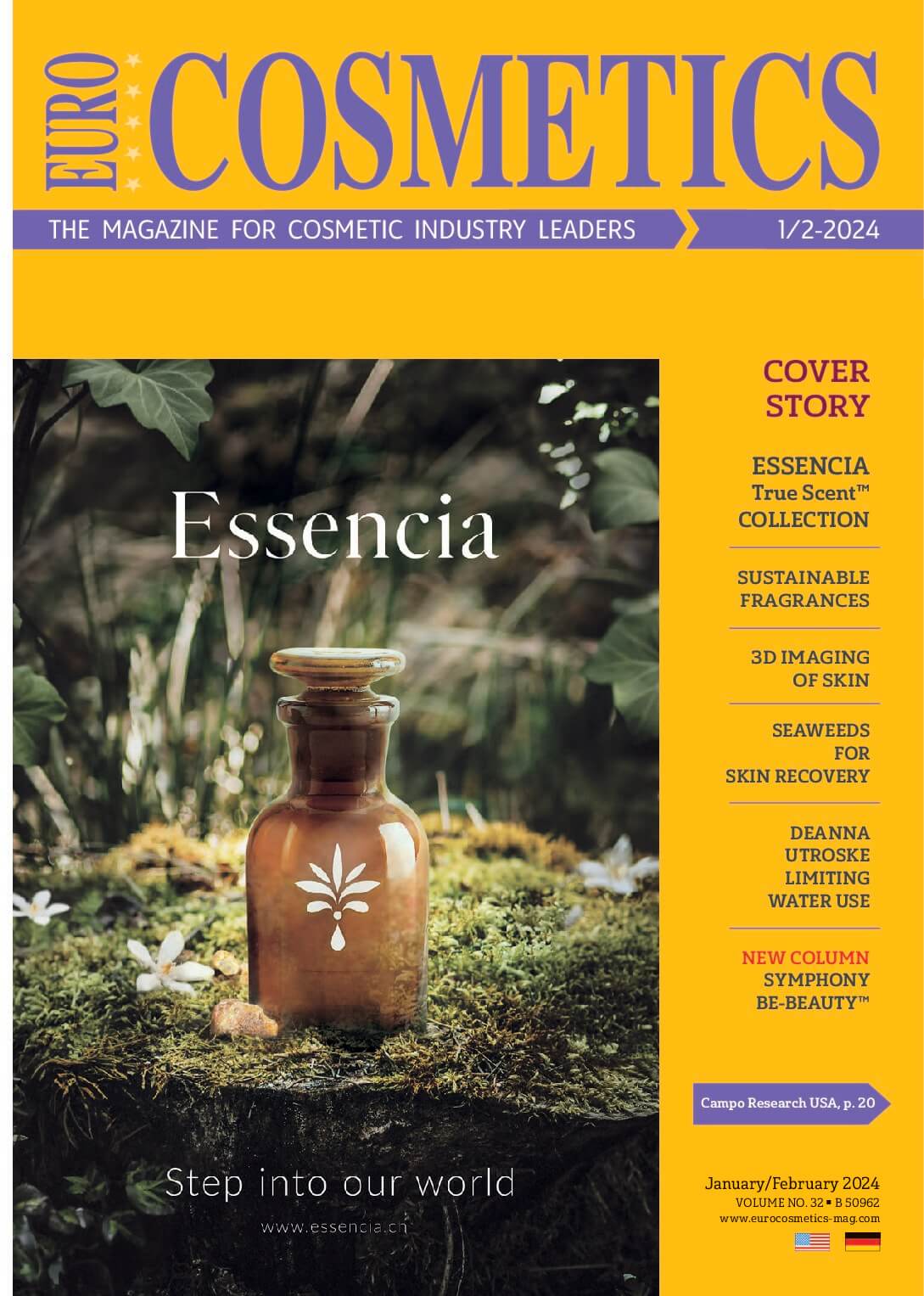
Introduction
The quest for even skin tone by consumers has let brands to create lightening products in every category and the famous tikitoker Cara Brook does the exact opposite and says darken the light areas #demimethod. Either way the quest for even skin tone and embracing diversity is shifting the conversation on hyperpigmentation.
Hyperpigmentation, a common dermatological condition characterized by darkened patches of skin, affects individuals of all skin tones and ethnicities. Traditionally, treatments for this condition have often been marketed as “skin lightening” products, a terminology that not only carries outdated connotations but also fails to honor the rich diversity of skin colors and the beauty inherent in all of them. As our understanding of beauty evolves towards a more inclusive and respectful approach, it’s crucial to reframe the discussion around hyperpigmentation treatments. The focus should be on promoting even-toned skin, not lighter skin, and on celebrating the uniqueness of each individual’s complexion.
Understanding Hyperpigmentation
Hyperpigmentation occurs when an excess of melanin, the pigment that gives skin its color, forms deposits in the skin. This can be triggered by various factors, including sun exposure, hormonal changes, certain medications, and inflammation or injury to the skin. Conditions such as melasma, post-inflammatory hyperpigmentation, and sunspots are common manifestations of hyperpigmentation.
The Shift in Terminology
The term “skin lightening” is increasingly recognized as problematic for several reasons. Firstly, it implies a preference for lighter skin, perpetuating a narrow and exclusionary beauty standard that can undermine self-esteem and cultural identity. Secondly, it does not accurately reflect the goal of treating hyperpigmentation, which is to achieve an even, harmonious skin tone rather than to lighten the skin’s natural color.
Embracing Even-Toned Skin Care
The beauty industry is gradually adopting language that reflects a more holistic and inclusive approach to skin care. Products and treatments are now being described as targeting “even-toned skin” or “brightening” rather than lightening. This shift not only aligns with a more positive and inclusive beauty narrative but also more accurately describes the objective of these products: to reduce the appearance of dark spots and uneven skin tone, enhancing the skin’s natural beauty without altering its inherent color.
The Importance of Inclusivity
Celebrating and respecting all skin shades and ethnicities is fundamental to the modern approach to skincare. This means developing and marketing products that cater to a wide range of skin types and concerns, recognizing the unique challenges and needs of different skin tones, and avoiding language or imagery that valorizes one skin color over others. By promoting diversity and inclusion, the skincare industry can play a significant role in fostering a society where everyone feels valued and beautiful in their skin.
Conclusion
The evolving conversation around hyperpigmentation treatments is a reflection of broader societal shifts towards inclusivity and respect for diversity. By moving away from outdated terms
like “skin lightening” and embracing a focus on achieving eventoned skin, we acknowledge the beauty in diversity and promote a healthier, more inclusive vision of beauty. This not only benefits individuals seeking treatment for hyperpigmentation but also contributes to a more equitable and respectful cultural landscape.



